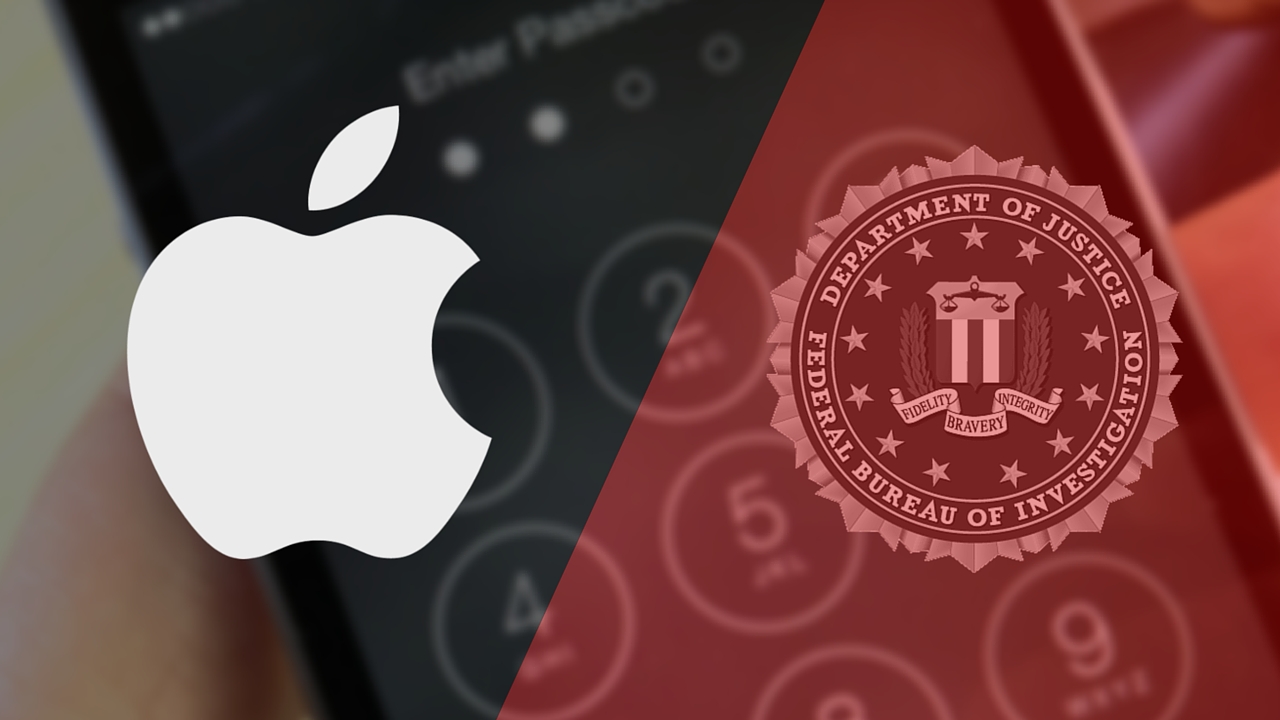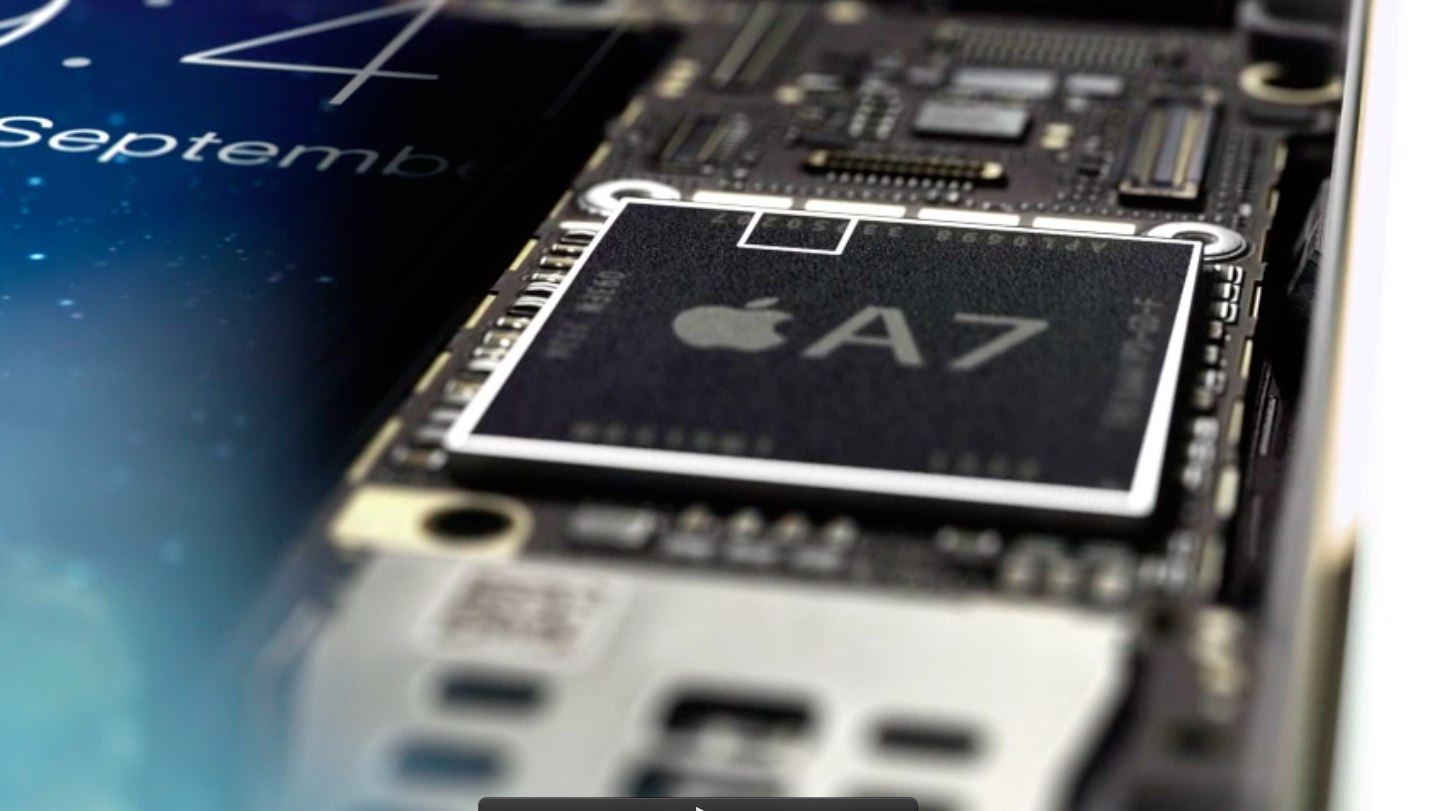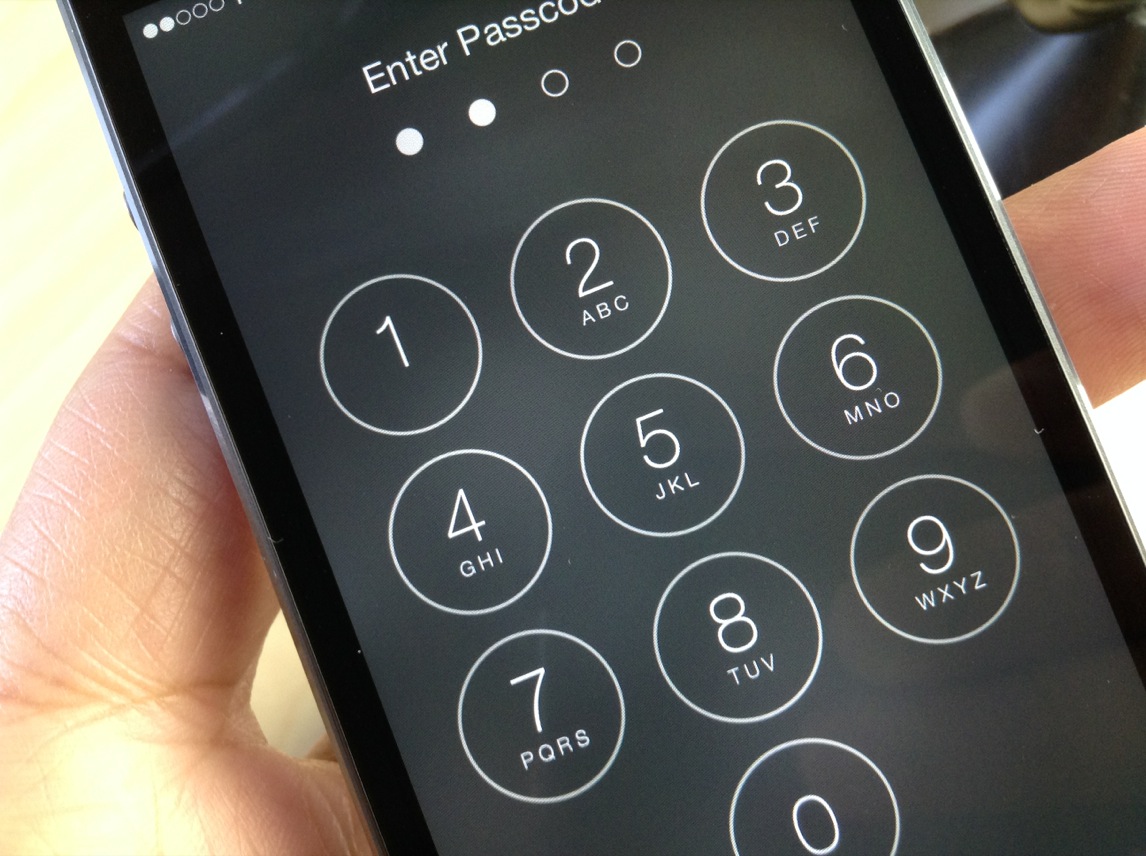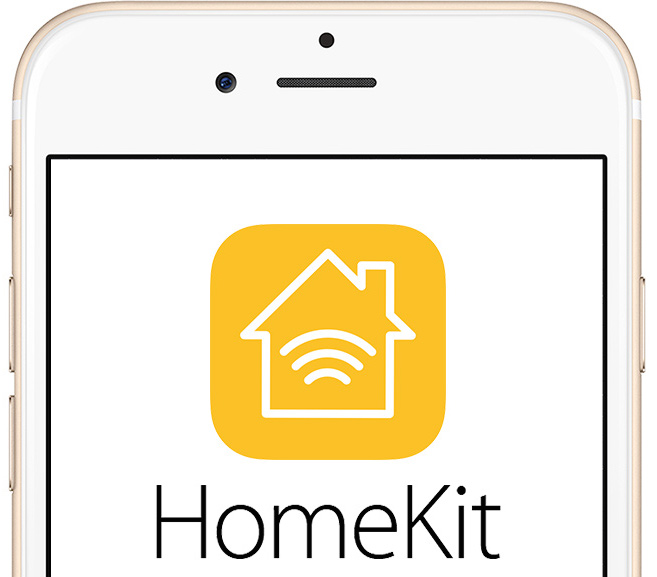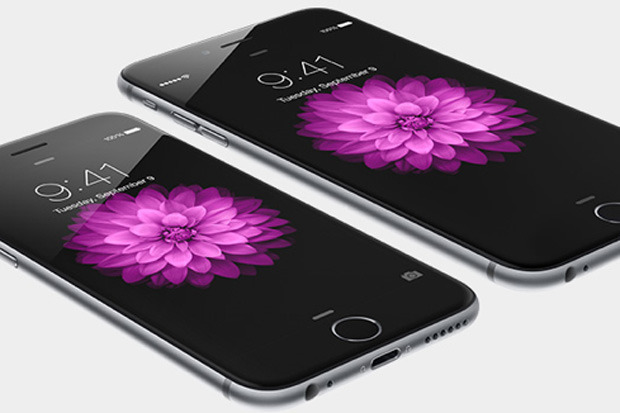WhatsApp today announced it is turning on end-to-end encryption to make it virtually impossible to eavesdrop on your communications.
Starting today, all text messages, photo and video attachments, documents, voice messages and VoIP calls are protected with full end-to-end encryption, developed in collaboration with Open Whisper Systems.
Similar to Apple's iMessage and some other instant messaging platforms such as Telegram, end-to-end encryption makes the contents of WhatsApp chats unreadable to third-parties. And with the encryption keys stored on a user's device, they cannot decrypt chats if served a valid government request.
